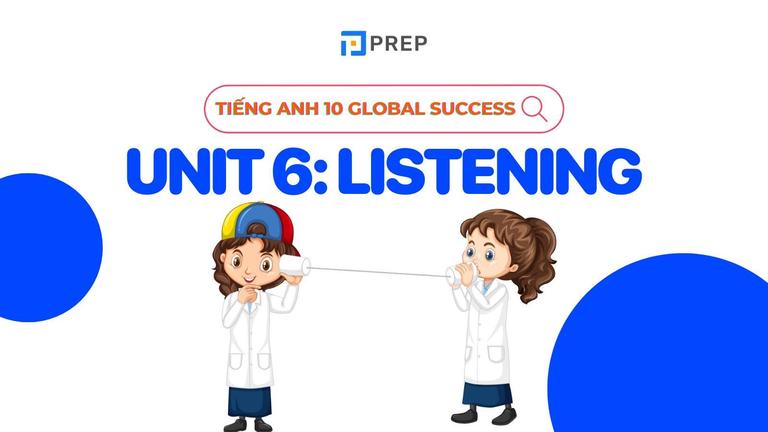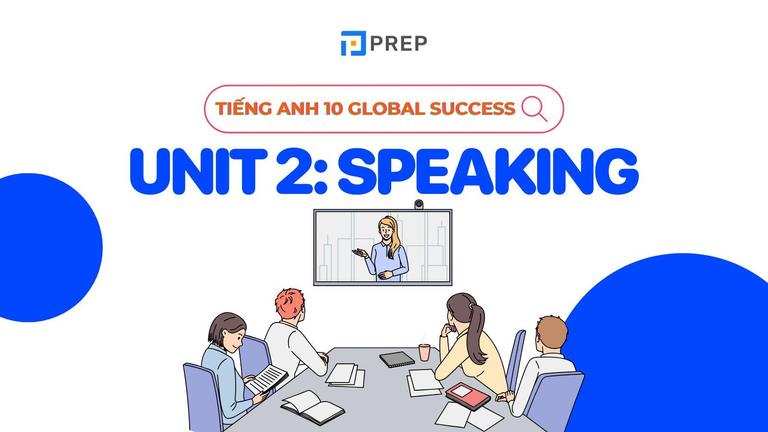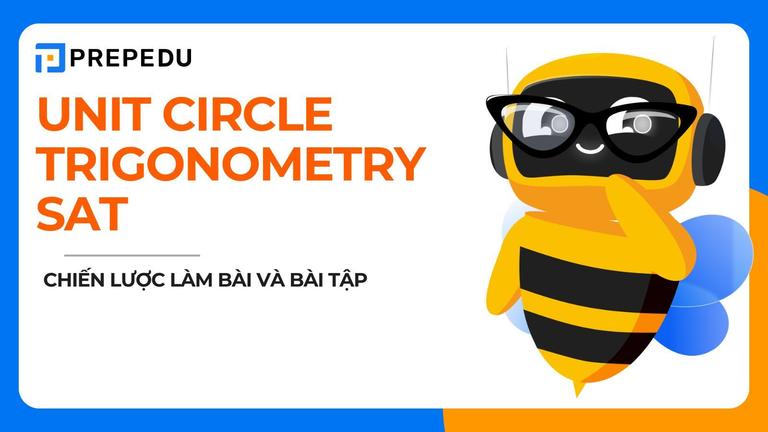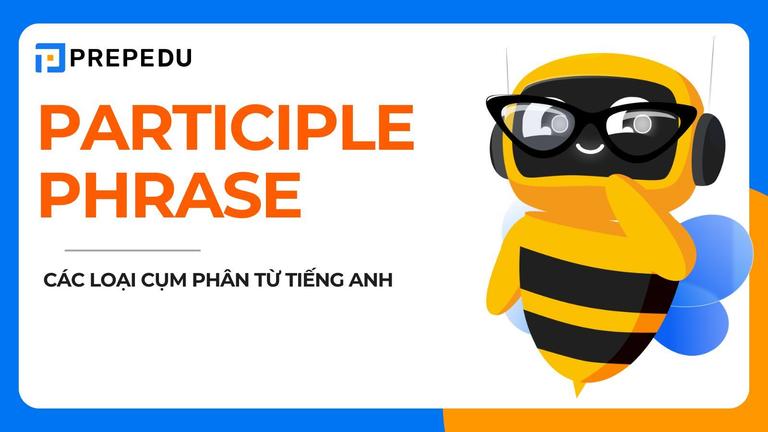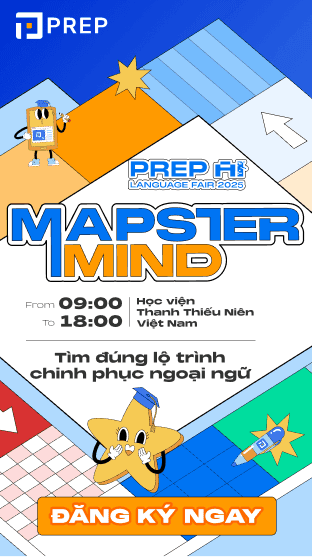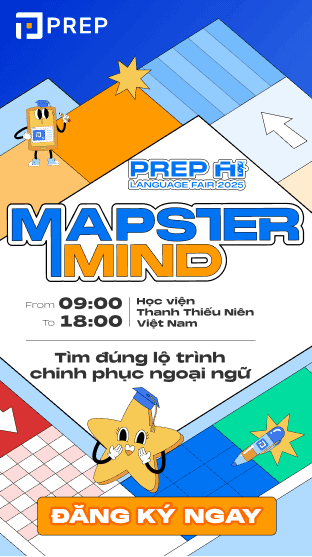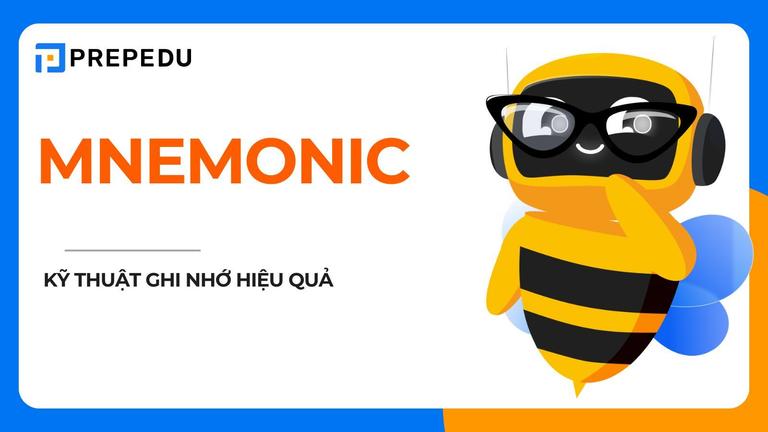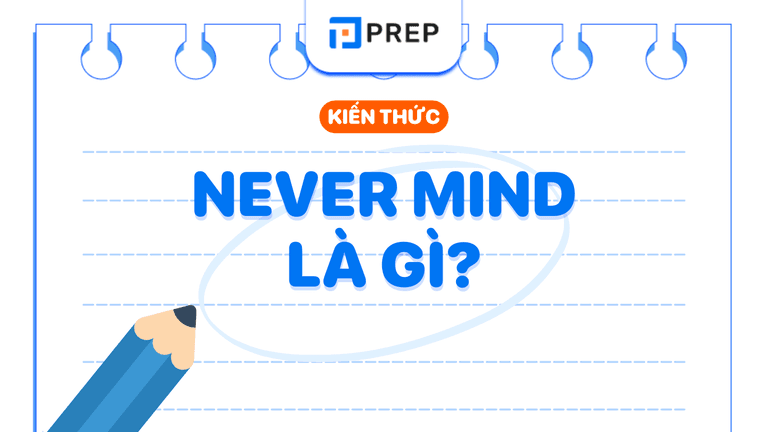Đề bài và đáp án IELTS Cambridge 14 Test 3 passage 1 The concept of intelligence
Bài đọc “The Concept of Intelligence” trong IELTS Cambridge 14 – Test 3 – Reading Passage 1 tập trung khai thác khái niệm trí thông minh (intelligence) dưới nhiều góc độ khác nhau. Đây là một bài đọc điển hình trong đề thi IELTS với chủ đề học thuật, yêu cầu thí sinh nắm rõ ý chính của từng đoạn, phân biệt quan điểm của tác giả, và hiểu sâu các chi tiết ẩn ý trong lập luận.
Bài viết dưới đây sẽ cung cấp đề bài, đáp án, và phần giải thích chi tiết từng câu hỏi trong Cambridge IELTS 14 – Test 3 – Passage 1: The Concept of Intelligence, giúp bạn ôn luyện hiệu quả và nắm vững chiến lược làm bài Reading dạng học thuật.
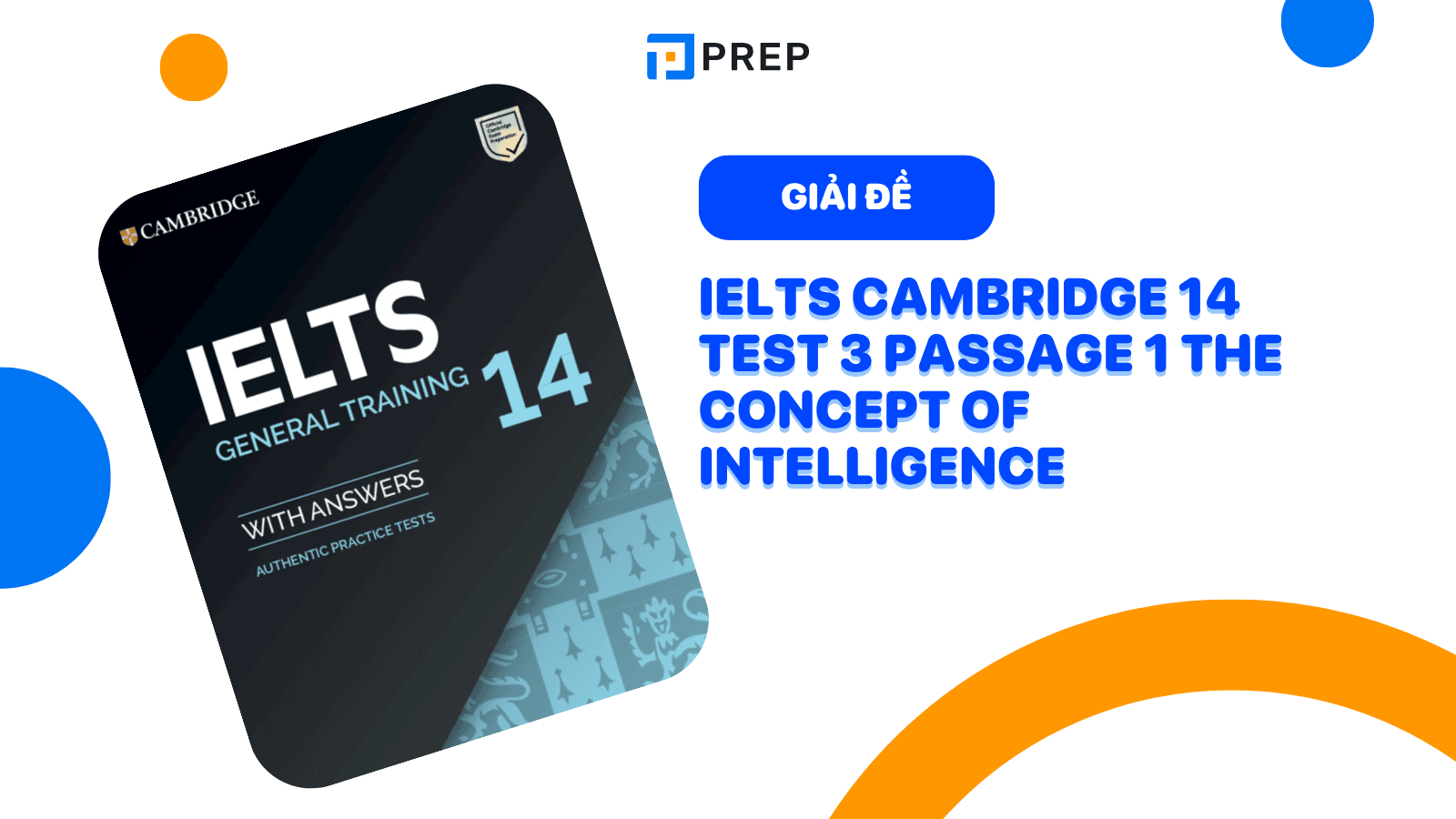
I. Đề bài Cambridge IELTS 14 Test 3 passage 1 The concept of intelligence
The concept of intelligence
A.
Looked at in one way, everyone knows what intelligence is; looked at in another way, no one does. In other words, people all have unconscious notions – known as ‘implicit theories’ – of intelligence, but no one knows for certain what it actually is. This chapter addresses how people conceptualize intelligence, whatever it may actually be.
But why should we even care what people think intelligence is, as opposed only to valuing whatever it actually is? There are at least four reasons people’s conceptions of intelligence matter.
B.
First, implicit theories of intelligence drive the way in which people perceive and evaluate their own intelligence and that of others. To better understand the judgments people make about their own and others’ abilities, it is useful to learn about people’s implicit theories. For example, parents’ implicit theories of their children’s language development will determine at what ages they will be willing to make various corrections in their children’s speech. More generally, parents’ implicit theories of intelligence will determine at what ages they believe their children are ready to perform various cognitive tasks. Job interviewers will make hiring decisions on the basis of their implicit theories of intelligence. People will decide who to be friends with on the basis of such theories. In sum, knowledge about implicit theories of intelligence is important because this knowledge is so often used by people to make judgments in the course of their everyday lives.
C.
Second, the implicit theories of scientific investigators ultimately give rise to their explicit theories. Thus it is useful to find out what these implicit theories are. Implicit theories provide a framework that is useful in defining the general scope of a phenomenon – especially a not-well-understood phenomenon. These implicit theories can suggest what aspects of the phenomenon have been more or less attended to in previous investigations.
D.
Third, implicit theories can be useful when an investigator suspects that existing explicit theories are wrong or misleading. If an investigation of implicit theories reveals little correspondence between the extant implicit and explicit theories, the implicit theories may be wrong. But the possibility also needs to be taken into account that the explicit theories are wrong and in need of correction or supplementation. For example, some implicit theories of intelligence suggest the need for expansion of some of our explicit theories of the construct.
E.
Finally, understanding implicit theories of intelligence can help elucidate developmental and cross-cultural differences. As mentioned earlier, people have expectations for intellectual performances that differ for children of different ages. How these expectations differ is in part a function of culture. For example, expectations for children who participate in Western-style schooling are almost certain to be different from those for children who do not participate in such schooling.
F.
I have suggested that there are three major implicit theories of how intelligence relates to society as a whole (Sternberg, 1997). These might be called Hamiltonian, Jeffersonian, and Jacksonian. These views are not based strictly, but rather, loosely, on the philosophies of Alexander Hamilton, Thomas Jefferson, and Andrew Jackson, three great statesmen in the history of the United States.
G.
The Hamiltonian view, which is similar to the Platonic view, is that people are born with different levels of intelligence and that those who are less intelligent need the good offices of the more intelligent to keep them in line, whether they are called government officials or, in Plato's term, philosopher-kings. Herrnstein and Murray (1994) seem to have shared this belief when they wrote about the emergence of a cognitive (high-IQ) elite, which eventually would have to take responsibility for the largely irresponsible masses of non-elite (low-IQ) people who cannot take care of themselves. Left to themselves, the unintelligent would create, as they always have created, a kind of chaos.
H.
The Jeffersonian view is that people should have equal opportunities, but they do not necessarily avail themselves equally of these opportunities and are not necessarily equally rewarded for their accomplishments. People are rewarded for what they accomplish, if given equal opportunity. Low achievers are not rewarded to the same extent as high achievers. In the Jeffersonian view, the goal of education is not to favor or foster an elite, as in the Hamiltonian tradition, but rather to allow children the opportunities to make full use of the skills they have. My own views are similar to these (Sternberg, 1997).
I.
The Jacksonian view is that all people are equal, not only as human beings but in terms of their competencies – that one person would serve as well as another in government or on a jury or in almost any position of responsibility. In this view of democracy, people are essentially intersubstitutable except for specialized skills, all of which can be learned. In this view, we do not need or want any institutions that might lead to favoring one group over another.
J.
Implicit theories of intelligence and of the relationship of intelligence to society perhaps need to be considered more carefully than they have been because they often serve as underlying presuppositions for explicit theories and even experimental designs that are then taken as scientific contributions. Until scholars are able to discuss their implicit theories and thus their assumptions, they are likely to miss the point of what others are saying when discussing their explicit theories and their data.
Questions 1-3
Reading Passage 1 has ten sections, A-J.
Which section contains the following information?
Write the correct letter, A-J, in boxes 1-3 on your answer sheet.
-
Information about how non-scientists' assumptions about intelligence influence their behavior towards others
-
A reference to lack of clarity over the definition of intelligence
-
The point that a researcher's implicit and explicit theories may be very different
Questions 4-6
Do the following statements agree with the claims of the writer in Reading Passage 1?
In boxes 4-6 on your answer sheet, write
YES if the statement agrees with the claims of the writer
NO if the statement contradicts the claims of the writer
NOT GIVEN if it is impossible to say what the writer thinks about this
-
Slow language development in children is likely to prove disappointing to their parents.
-
People's expectations of what children should gain from education are universal.
-
Scholars may discuss theories without fully understanding each other.
Questions 7-13
Look at the following statements (Questions 7-13) and the list of theories below.
Match each statement with the correct theory, A, B, or C.
Write the correct letter, A, B, or C, in boxes 7-13 on your answer sheet.
NB You may use any letter more than once.
-
It is desirable for the same possibilities to be open to everyone.
-
No section of society should have preferential treatment at the expense of another.
-
People should only gain benefits on the basis of what they actually achieve.
-
Variation in intelligence begins at birth.
-
The more intelligent people should be in positions of power.
-
Everyone can develop the same abilities.
-
People of low intelligence are likely to lead uncontrolled lives.
List of Theories
- A. Hamiltonian
- B. Jeffersonian
- C. Jacksonian
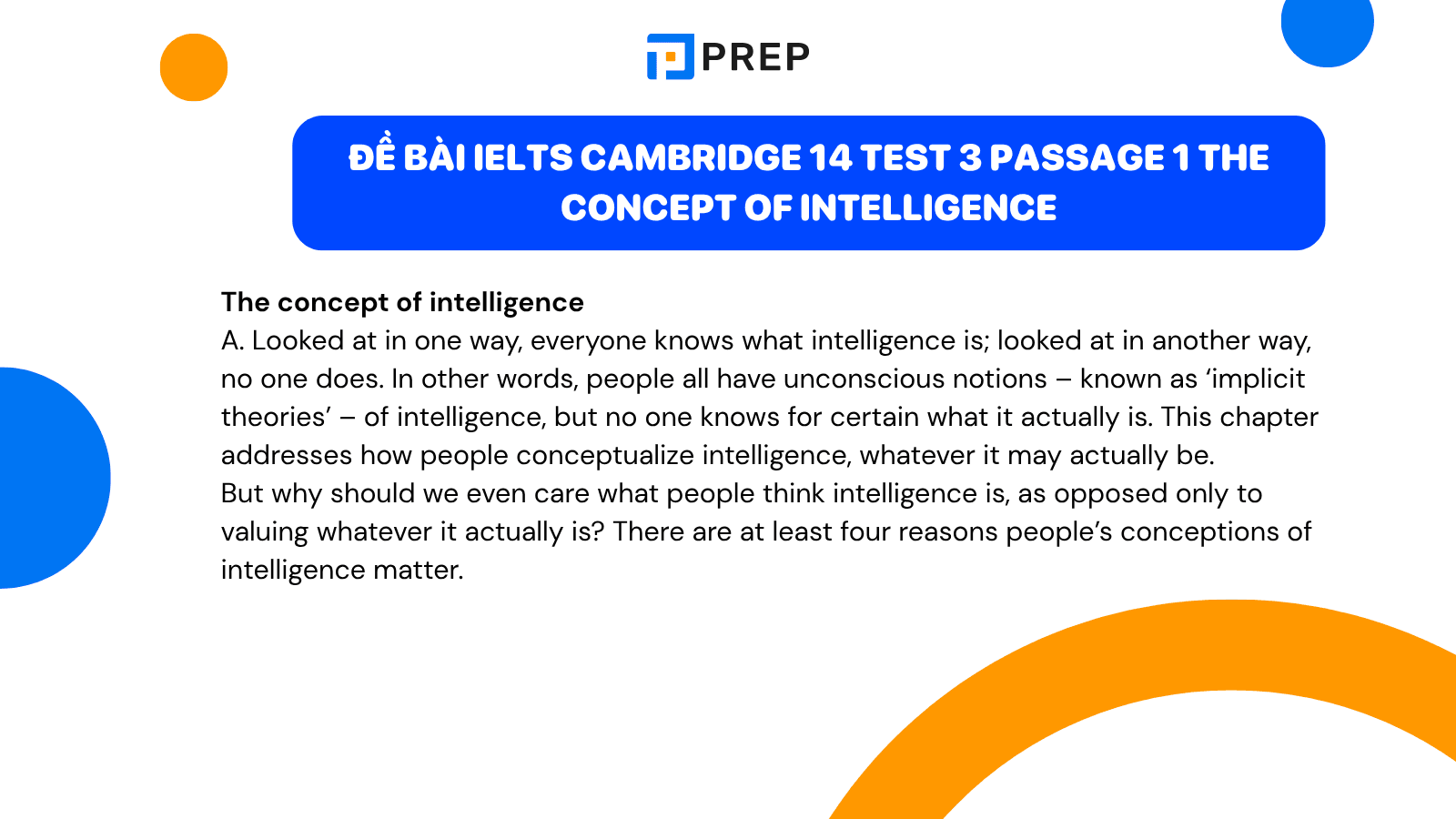
II. Đáp án bài đọc Cambridge 14 – Test 3 – Passage 1: The Concept of Intelligence
|
Câu hỏi |
Đáp án |
|
1 |
B |
|
2 |
A |
|
3 |
D |
|
4 |
NOT GIVEN |
|
5 |
NO |
|
6 |
YES |
|
7 |
B |
|
8 |
C |
|
9 |
B |
|
10 |
A |
|
11 |
A |
|
12 |
C |
|
13 |
A |
Xem thêm: Giải đề chi tiết IELTS Cambridge 14 test 3 section 1 Flanders Conference Hotel
III. Giải thích chi tiết từng đáp án reading cam 14 test 3 passage 1 the concept of intelligence
Questions 1–3
|
Câu số |
Đáp án đoạn |
Phần nội dung cần tìm |
Giải thích |
|
1 |
B |
Information about how non-scientists' assumptions about intelligence influence their behavior towards others |
Đoạn B nói về cách mà “parents”, “job interviewers”, “people” dựa vào các implicit theories (những niềm tin cá nhân) để đánh giá người khác. Trích dẫn: “Job interviewers will make hiring decisions on the basis of their implicit theories of intelligence.” → Những giả định không mang tính khoa học này ảnh hưởng trực tiếp đến hành vi và quyết định của họ. |
|
2 |
A |
A reference to lack of clarity over the definition of intelligence |
Ngay câu mở đầu đoạn A: “Everyone knows what intelligence is; looked at in another way, no one does.” → Tác giả chỉ ra rằng không có sự thống nhất rõ ràng về định nghĩa trí thông minh. |
|
3 |
D |
The point that a researcher's implicit and explicit theories may be very different |
“If an investigation of implicit theories reveals little correspondence between the extant implicit and explicit theories…” → Tác giả nói rằng có thể tồn tại sự khác biệt đáng kể giữa lý thuyết ngầm và lý thuyết chính thức. |
Questions 4–6
|
Câu số |
Đáp án |
Giải thích |
|
4 |
NOT GIVEN |
Bài có nhắc đến “parents’ implicit theories of their children’s language development”, nhưng không nói gì về sự thất vọng của cha mẹ khi trẻ phát triển ngôn ngữ chậm. |
|
5 |
NO |
Đoạn E: “Expectations for children who participate in Western-style schooling are almost certain to be different from those for children who do not.” → Tác giả khẳng định rằng kỳ vọng không mang tính phổ quát, mà phụ thuộc vào nền văn hóa và hệ thống giáo dục. |
|
6 |
YES |
Đoạn J: “Until scholars are able to discuss their implicit theories... they are likely to miss the point of what others are saying.” → Các học giả có thể không hiểu nhau nếu không làm rõ các lý thuyết ngầm mà mỗi người sử dụng. |
Questions 7–13
|
Câu hỏi |
Nội dung tóm tắt |
Đáp án & Giải thích |
|
7 |
It is desirable for the same possibilities to be open to everyone. |
B (Jeffersonian) – Nhấn mạnh cơ hội bình đẳng cho tất cả mọi người. |
|
8 |
No section of society should have preferential treatment at the expense of another. |
C (Jacksonian) – Mọi người đều bình đẳng, không nhóm nào được ưu tiên hơn. |
|
9 |
People should only gain benefits on the basis of what they actually achieve. |
B (Jeffersonian) – Thành quả cá nhân quyết định phần thưởng. |
|
10 |
Variation in intelligence begins at birth. |
A (Hamiltonian) – Con người sinh ra với mức độ trí tuệ khác nhau. |
|
11 |
The more intelligent people should be in positions of power. |
A (Hamiltonian) – “Philosopher-kings” hoặc “cognitive elite” nên lãnh đạo. |
|
12 |
Everyone can develop the same abilities. |
C (Jacksonian) – Ai cũng có thể học được kỹ năng tương tự. |
|
13 |
People of low intelligence are likely to lead uncontrolled lives. |
A (Hamiltonian) – Người ít thông minh dễ gây hỗn loạn nếu không được kiểm soát. |
IV. Từ vựng hay trong bài nên ghi nhớ
|
Từ vựng / Cụm từ |
Phiên âm (IPA) |
Nghĩa tiếng Việt |
Ví dụ |
|
intelligence |
/ɪnˈtelɪdʒəns/ |
trí thông minh |
What intelligence actually is remains unclear. |
|
implicit theory |
/ɪmˈplɪsɪt ˈθɪəri/ |
lý thuyết ngầm, quan niệm tiềm ẩn |
People’s implicit theories influence their judgments. |
|
explicit theory |
/ɪkˈsplɪsɪt ˈθɪəri/ |
lý thuyết rõ ràng, chính thức |
Explicit theories arise from implicit ones. |
|
evaluate |
/ɪˈvæljueɪt/ |
đánh giá |
People evaluate others’ intelligence based on implicit theories. |
|
framework |
/ˈfreɪmwɜːk/ |
khuôn khổ, cơ sở |
Implicit theories provide a framework for defining a phenomenon. |
|
phenomenon |
/fəˈnɒmɪnən/ |
hiện tượng |
The phenomenon of intelligence is not well understood. |
|
correspondence |
/ˌkɒrəˈspɒndəns/ |
sự tương ứng, phù hợp |
Little correspondence between implicit and explicit theories. |
|
elucidate |
/ɪˈluːsɪdeɪt/ |
làm sáng tỏ |
Understanding implicit theories can help elucidate cultural differences. |
|
cross-cultural |
/ˌkrɒsˈkʌltʃərəl/ |
liên văn hoá |
Cross-cultural differences in expectations for children. |
|
equality / equal opportunities |
/ɪˈkwɒləti/ – /ˈiːkwəl ˌɒpəˈtjuːnɪtiz/ |
sự bình đẳng / cơ hội bình đẳng |
Jeffersonian theory emphasizes equal opportunity. |
|
elite |
/eɪˈliːt/ |
tầng lớp tinh hoa |
A cognitive elite should lead the less intelligent masses. |
|
intersubstitutable |
/ˌɪntəsʌbstɪˈtjuːtəbl/ |
có thể thay thế cho nhau |
People are essentially intersubstitutable except for specialized skills. |
|
responsibility |
/rɪˌspɒnsəˈbɪləti/ |
trách nhiệm |
In Jacksonian view, anyone can take responsibility. |
|
scholar |
/ˈskɒlə/ |
học giả |
Scholars may discuss theories without understanding each other. |
|
assumption |
/əˈsʌmpʃən/ |
giả định, niềm tin sẵn có |
Non-scientists’ assumptions about intelligence shape their actions. |
|
presupposition |
/ˌpriːsʌpəˈzɪʃən/ |
tiền giả định |
Implicit theories often serve as presuppositions for explicit ones. |
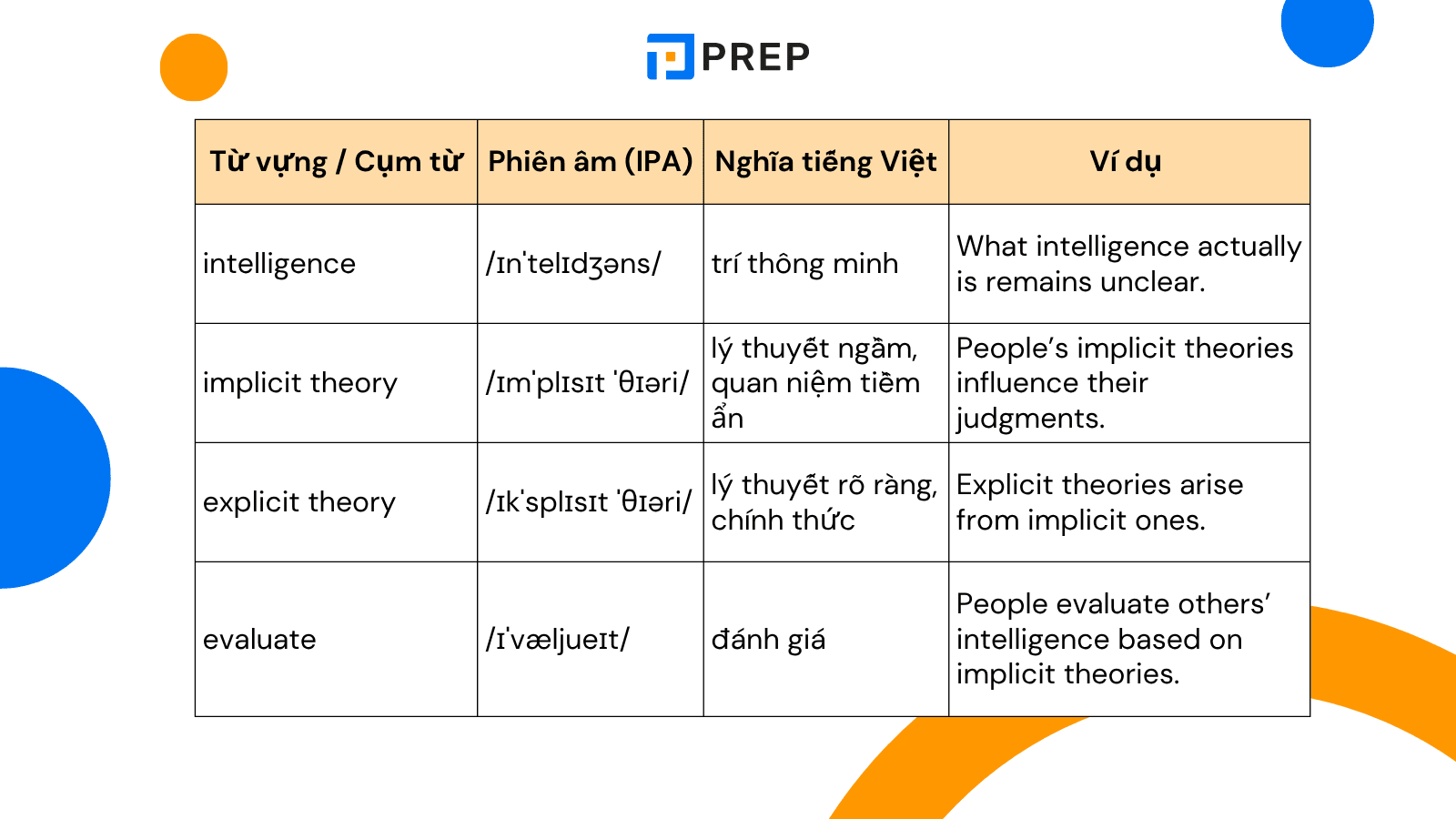
Trên đây là đề bài và đáp án bài đọc Cambridge IELTS 14 the concept of intelligence mà các bạn có thể tham khảo qua. Hy vọng tài liệu trên sẽ hữu ích dành cho các bạn trong quá trình luyện thi IELTS.
Học tiếng Anh online dễ dàng hơn với PREP - Nền tảng Học & Luyện thi thông minh cùng AI. Nhờ công nghệ AI độc quyền, bạn có thể tự học trực tuyến ngay tại nhà, chinh phục lộ trình học IELTS, TOEIC, tiếng Anh giao tiếp hiệu quả. Bên cạnh đó, học viên còn có sự hỗ trợ tuyệt vời từ Teacher Bee AI, trợ lý ảo giúp bạn giải đáp thắc mắc và đồng hành 1-1 trong suốt quá trình học tập.
Hãy click TẠI ĐÂY hoặc liên hệ HOTLINE 0931428899 để nhận tư vấn chi tiết về các khóa học tiếng Anh chất lượng nhất thị trường!
Tải ngay app PREP để bắt đầu hành trình học tiếng Anh tại nhà với chương trình học luyện thi online chất lượng cao.

Chào bạn! Mình là Hiền Hoàng, hiện đang đảm nhận vai trò quản trị nội dung sản phẩm tại Blog của website prepedu.com.
Với hơn 5 năm tự học các ngoại ngữ như tiếng Anh, tiếng Trung và ôn luyện một số kỳ thi IELTS, TOEIC, HSK, mình đã tự đúc rút được nhiều kinh nghiệm để hỗ trợ hàng nghìn người đang gặp khó khăn trong việc học ngoại ngữ. Hy vọng rằng những chia sẻ phía trên sẽ giúp ích cho bạn trong quá trình tự ôn luyện thi hiệu quả tại nhà!
Bình luận
Nội dung premium
Xem tất cảLộ trình cá nhân hoá
Có thể bạn quan tâm
Kết nối với Prep

MSDN: 0109817671.
Địa chỉ liên hệ: Tòa nhà Vinaconex, 34 Láng Hạ, phường Láng, TP Hà Nội.
Trung tâm CSKH tại HN: Lô 21 C2 Khu đô thị Nam Trung Yên, phường Yên Hòa, TP Hà Nội.
Trung tâm CSKH tại HCM: 288 Pasteur, Phường Xuân Hòa, TP Hồ Chí Minh
Trụ sở Công ty: Số nhà 20, ngách 234/35 đường Hoàng Quốc Việt, phường Nghĩa Đô, TP Hà Nội.
Phòng luyện ảo - Trải nghiệm thực tế - Công nghệ hàng đầu.
Hotline: 0931 42 8899.
Trụ sở Công ty: Số nhà 20, ngách 234/35 đường Hoàng Quốc Việt, phường Nghĩa Đô, TP Hà Nội.
Giấy chứng nhận hoạt động đào tạo, bồi dưỡng số 1309/QĐ-SGDĐT ngày 31 tháng 07 năm 2023 do Sở Giáo dục và Đào tạo Hà Nội cấp.
